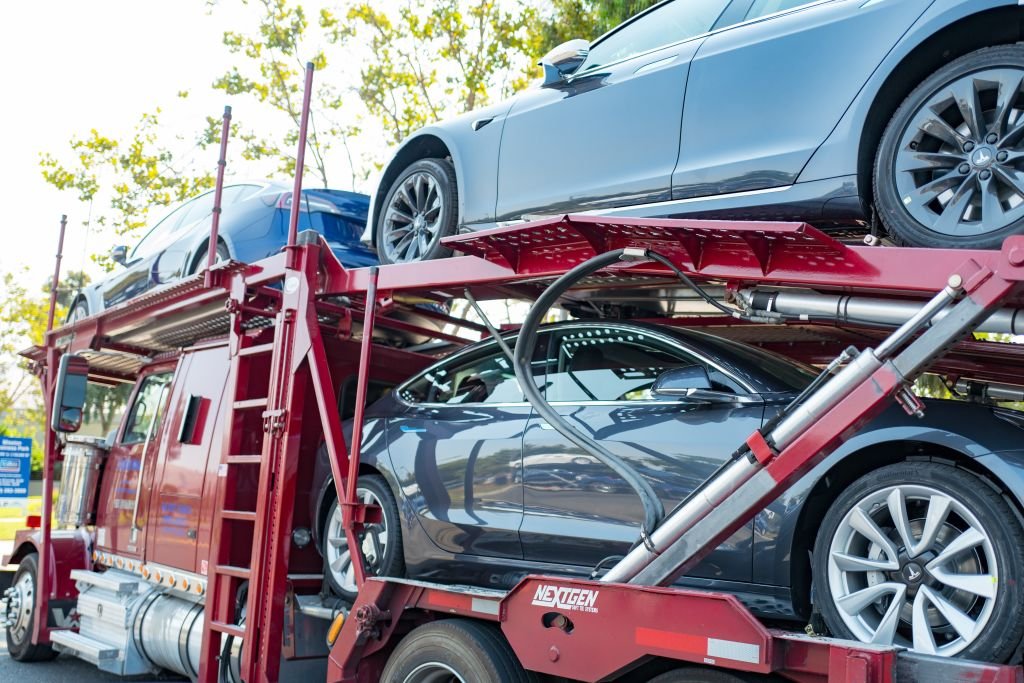Tesla has recently announced that it will no longer offer discounts on any of its electric vehicles, a surprising move as sales for these cars have been declining. This decision is part of a larger plan by CEO Elon Musk to “streamline the whole Tesla sales and delivery system.” According to Musk, it has become too complex and inefficient, leading to this change in strategy.
This announcement was made by Musk on X, the social media platform he owns, in response to a user’s comment. It comes just a day after thousands of Tesla employees were laid off due to poor financial performance. These layoffs will affect over 10% of the company’s staff, with one source telling TechCrunch that it will impact approximately 14,000 people.
One Tesla employee who was impacted by the layoffs told TechCrunch that their location was “short staffed” and still lost multiple employees. It seems that Tesla has also halted most of their job postings, with only a few positions left on their North America careers page, primarily related to their Manufacturing Development Program. This could suggest a hiring freeze within the company.
In addition to the layoffs and hiring freeze, the decision to end discounts on all of Tesla’s vehicles in the United States (including the Model 3, Model Y, Model S, and Model X) has caught the industry by surprise. Just last year, Tesla actually raised prices for most of its models. However, in 2022, the company started regularly reducing prices on all its vehicles, with some models seeing a decrease of up to 20%. This trend has continued into this year, with Tesla dropping prices on many long-range and performance Model Ys by $5,000 and rear-wheel drive versions by more than $7,000.
This sudden change in pricing strategy follows last week’s announcement that the monthly subscription cost for Tesla’s Supervised Full Self-Driving software will be dropping from $199 to $99. It seems that while these price cuts may have helped Tesla achieve record sales of 1.8 million vehicles, it has also resulted in decreased profit margins for the company. In fact, in the first quarter of 2024, Tesla’s delivery numbers actually decreased compared to the previous year. Additionally, the company has been producing more cars than it is able to ship, a trend that has continued for seven out of the last eight quarters. This may indicate an area of focus for Tesla in the coming year.
In January, Tesla warned investors that sales growth could be “notably lower” in 2024 as the company prepares to launch a new vehicle platform. Originally, this was expected to be a $25,000 electric vehicle, but it seems that Tesla may have scrapped this idea in favor of their upcoming robotaxi, set to launch by August.
It remains unclear how this decision to eliminate discounts on Tesla vehicles fits into the company’s new strategy to streamline sales and delivery processes. Tesla did not respond to requests for comment.
While Tesla has received praise for its direct-sales model, which bypasses traditional dealers and has been a result of many years and legal battles, they have constantly been making changes to their sales and delivery strategies. In late 2018, Musk revealed that Tesla had acquired undisclosed trucking companies to assist in shipping their increasing number of Model 3 sedans. Just a few months later, he abruptly announced that many retail stores would be closing and employees would be laid off in order to “achieve the savings required to provide [the Model 3] and be financially sustainable.” However, less than two months later, the company reversed this decision. Most recently, in late 2022, Tesla acknowledged that their typical end-of-quarter rush to produce and ship as many cars as possible was causing difficulties. They promised to address this issue, but even after a year, they are still facing these quarterly bottlenecks.








